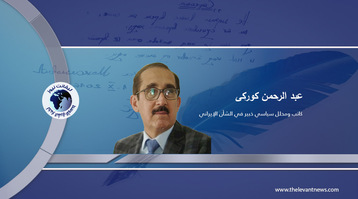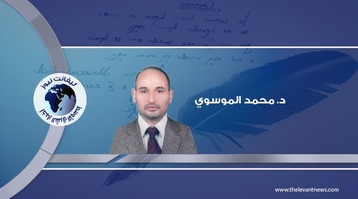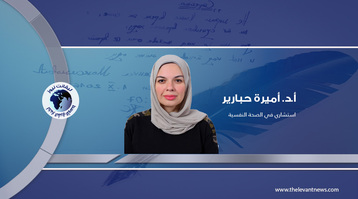-
Russians Outside of Russia

The images of Ukrainian women and children fleeing in their millions across the country’s borders in the early stages of the invasion told the world the human cost of the fight. Today, nearly eight months in images of a different kind of exodus are dominating the airwaves.
A staggering number of at least 200,000 Russians have left the country in the week since President Vladimir Putin announced a partial military mobilization. This is in addition to the 200,000 or so who’d left by the middle of March. Early moment of largely Russian men it seemed failed to stand in contrast to the Ukrainian civilian flight, but with the direction of events now firmly against Moscow the number choosing to leave their motherland is an important metric of domestic support for the campaign.
There is a disconnect between the official numbers of Russian soldiers killed or injured and the reality, a number that may endure the state-controlled media but is surely known by the population at large. They know the dangers of the now fluid front line in Ukraine, where Russia’s supposedly elite divisions have been routed and forced to flee leaving their tanks and armoured personnel carriers to be captured by the Ukrainians.
They will also likely know the stories of how unprepared so much of the Russian invasion force was. How so many were lied to about going on training exercises, let alone not having the body armour or materials needed to protect or sustain themselves for more than the initial week of fighting.
Russians may know how there may be a disconnect between a ‘partial’ mobilisation in theory and in practice. Just as there is a difference between a ‘special military operation’ and a ‘war’. Certain Russian minorities seem to be overly represented in the call up with reports of entire villages being summoned on Russia’s fringes.
Meanwhile certain sectors and more footloose individuals find it easier to flee. In the tech sector alone, an estimated 50,000 to 70,000 professionals left in the first month of the war, with a further 70,000 to 100,000 expected to follow soon thereafter, according to a Russian IT industry trade group. Whatever Russia emerges when this conflict eventually ends may comprise of a quite different demographic.
Those who’ve left have a harder role to play reidentifying themselves despite having left so much behind and having the added stigma of simply being Russian in parts of the world that have come down on Ukraine’s side in the fight. Yet many national identities have been heavily influenced and shaped by those living outside its borders for a time, the Palestinian and Iranian leaderships spring to mind, and considering the numbers of Russians who’ve left and may continue to leave it adds to a burgeoning Diaspora.
Many of more established Russian Diaspora may find themselves pressured to answer “Putin or democracy” as reports from Latvia seem to suggest. Indeed, questions as to minority rights to Russian language speakers, certainly less of an issue prior to the invasion, have become a important political issue as various governments look to ensure groups are ‘integrated’ and that Moscow can’t use coming to their defence as a pretext for military aggression.
Those European countries either directly playing host or allied to those countries who are playing host to Russians should push for the warm acceptance of those fleeing their own country due to the Ukraine conflict and its associated fallout. Finding ways to turn Russia’s ‘brain drain’ into a source of growth and innovation is particularly important. Highlighting that European states and their populations are not in fact ‘anti-Russian’ but rather anti the policies coming from the Kremlin, undermines one of the fundamental tenants of Putin’s vision and sows the seeds for a future rapprochement between societies.
More unlikely is that Russia’s scattered and newly arrived quasi refugees organise themselves politically. President Putin has form when it comes to forcing political rivals abroad where they lose legitimacy and salience, but that has always been politicians looking to leverage power inside Russia as opposed to organise Russians outside of the country. It is certainly one to watch.

BY: James Denselow
You May Also Like
Popular Posts
Caricature
Syrians' concerns now
- December 10, 2024
Syrians' concerns now #Syria
#Bashar_al-Assad
#Liberation_of_Syria
#Syrians
#Future_of_Syria
#Levant_News

opinion
Report
ads
Newsletter
Subscribe to our mailing list to get the new updates!



















